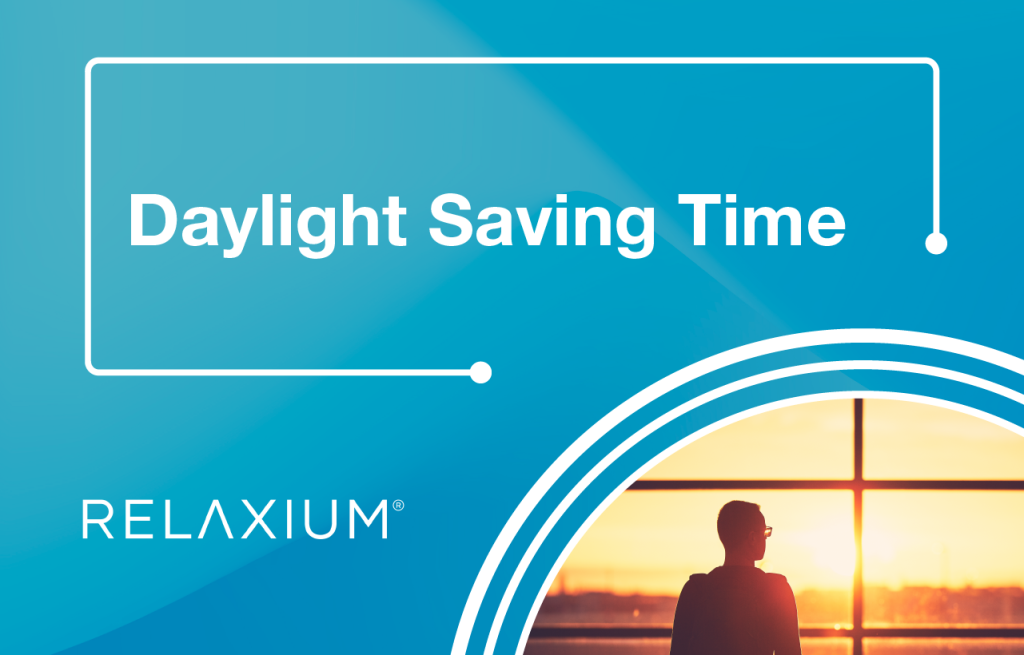Daylight saving time is fast approaching! This means that on March 12th, 2023 at 2:00 am we will be turning our clocks forward. Sunrise and sunset will then be one hour later, until we change our clocks again in the fall. This change allows for more light in the evening, and usually signals that spring and summer are right around the corner.
History of Daylight Saving Time
You may be wondering why we even change the clocks to begin with. The idea was first popularized in Germany, when they introduced daylight saving time in 1916. Their rationale behind this change was to minimize the use of artificial lighting to save fuel for the war effort. Daylight saving time didn’t come to the United States until a few years later, in 1918. The United States implemented this as a wartime measure for seven months during World War I. This was to add more daylight hours to conserve their energy resources.
Daylight saving time has stuck around for years since. The idea now is to give us more daylight in the evening. This allows us to do more with our time, rather than it being dark by the time most of us are getting off of work.
What does it mean for your sleep?
Some people say that daylight saving time helps us save on energy costs, and drives the economy forward. Others think that it’s totally unnecessary. One thing that is definitely true about it, though, is that it messes with our sleep habits!
Our circadian rhythm is impacted by lighting, and our cues for alertness and sleepiness in our bodies. According to Sleep Education, this one-hour time shift during daylight saving time results in less exposure to light in the morning, and greater exposure to evening light relative to typical sleep and work schedules. As a result, we tend to go to bed and fall asleep later, resulting in sleep loss.
When we set our clocks forward, like we are going to be doing soon, we have less exposure to natural light in the mornings. This can disrupt our body’s production of the sleep promoting hormone melatonin. Melatonin helps to regulate our sleep-wake cycle. When we don’t get enough exposure to natural light, our bodies may produce less melatonin, thus making it harder to fall asleep at night. It may take us several days to adjust to the time change!
Tips for improving sleep
Now that we know daylight saving time is quickly approaching, and that our sleep habits may be interrupted… Let’s try to prepare ourselves! We’re going to be losing an hour of sleep coming up, and this often messes with a lot of people’s routines.
Here are some of our favorite tips to improve sleep, so you can prepare yourself for any interruptions:
- Create a relaxing bedtime routine: Your bedtime routine and environment changes the quality of your sleep. Make sure to have relaxing rituals, and comfortable bedding.
- Limit caffeine and alcohol consumption: Caffeine and alcohol consumption can severely impact the quality of sleep you are getting. Try to drink caffeine only in the mornings, and alcohol only in moderation.
- Manage stress: Managing your stress well will ensure you are getting better sleep each night. Stress and anxiety may keep you up late at night.
- Exercise regularly: Regular exercise can improve the quality of your sleep. Avoid exercising too close to bedtime, and aim for 30 minutes of regular exercise a day.
- Stick to a regular sleep schedule: Aim to go to bed and wake up at the same time every day, including the weekends. This ultimately helps regulate your body’s internal clock, which improves your quality of sleep.
What does it mean for your mood?
When it comes to your sleep habits changing, mood changes often accompany them. Since our sleep patterns are changed due to daylight saving time, feelings of fatigue, irritability, and mood changes might occur. We can feel extra tired for a few days in the spring, which can alter our mood. According to the American Academy of Sleep Medicine, daylight saving time has an increased risk of mood disorders, mood disruptions, and sleep disruptions.
If you’re worried about mood disruptions that may come with daylight saving time, Relaxium Calm may be able to help! While Relaxium Calm can not prevent or cure any serious mood condition, it is very effective in promoting relaxation. It’s also been designed to help elevate overall mood, and supply vital nutrients to the body. Relaxium Calm contains ingredients such as Ashwagandha, Magnesium Citrate, GABA, and Passionflower that are essential for mood support and restoring serotonin levels.
Relaxium Sleep
If you are worried about your quality of sleep changing due to daylight saving time, consider trying Relaxium Sleep! Relaxium Sleep is sleep wellness revolutionized. Its unique triple-action approach with exclusive Valerest® helps address the root cause of sleeplessness and stress. Its formula is designed to help regulate the natural sleep cycle, relax the body, and calm the mind.
With Relaxium Sleep, you’ll be able to fall asleep faster, stay asleep longer, and wake up feeling refreshed! Try it now for only $28.88 with promo code SLEEPBLG28 at checkout!
To restful and healthy days ahead,
The Relaxium Team
* These statements have not been evaluated by the Food & Drug Administration. This product is not intended to diagnose, treat, cure, or prevent any disease
Sources:
[1] Why do we change the clocks, anyways? (nytimes.com)
[2] History of Daylight Saving Time (DST) (timeanddate.com)
[3] Daylight Saving Time (sleepeducation.org)[4] Daylight saving time: an American Academy of Sleep Medicine position statement (jcsm.aasm.org)

